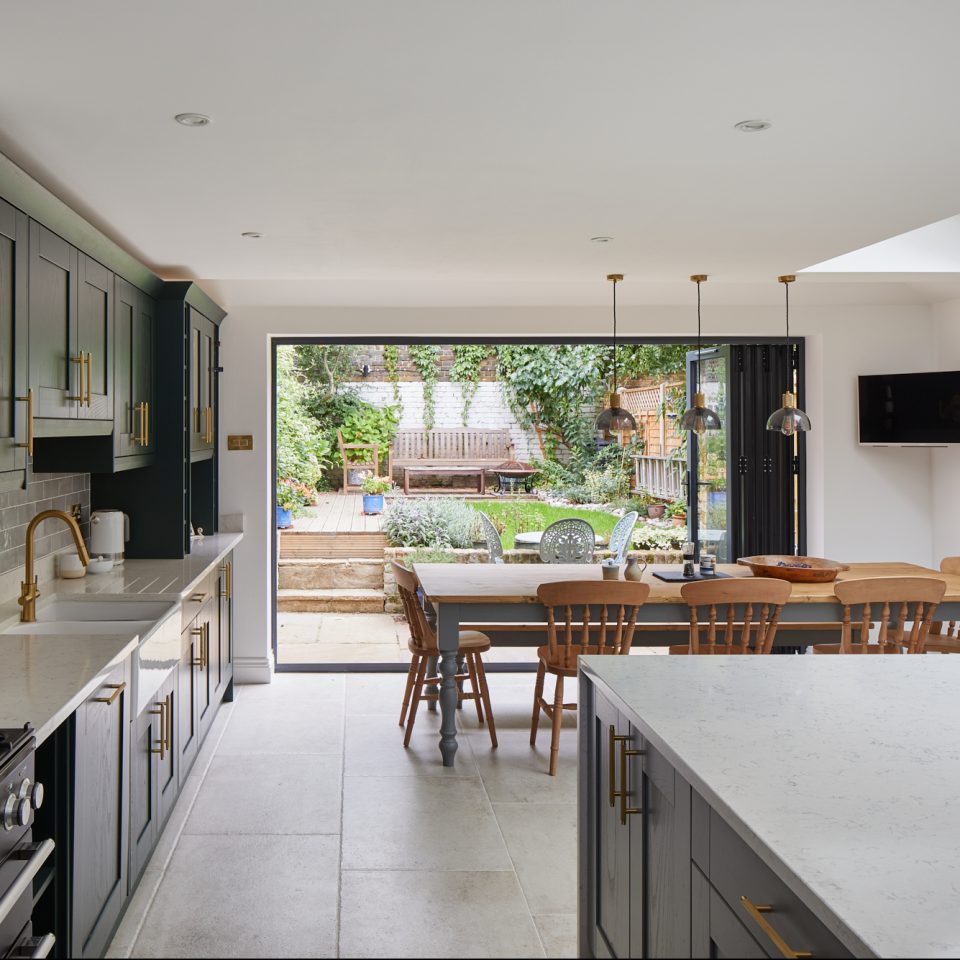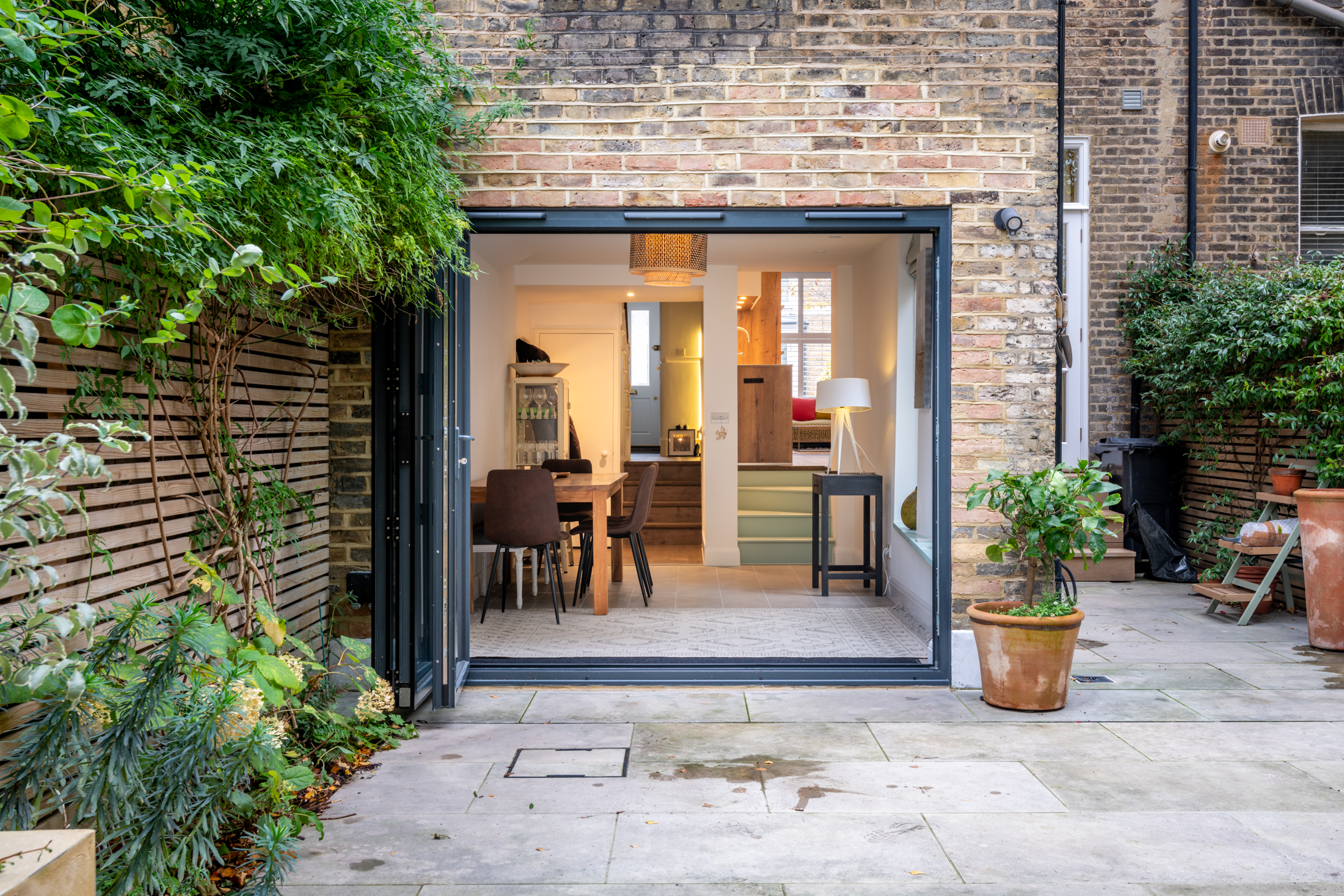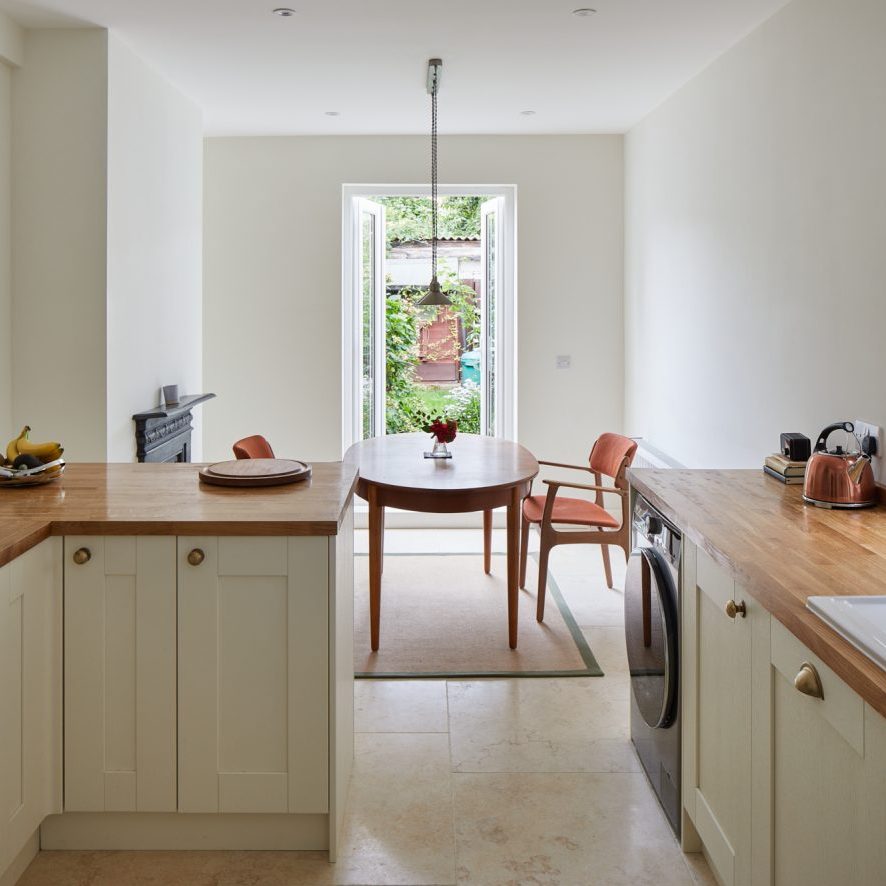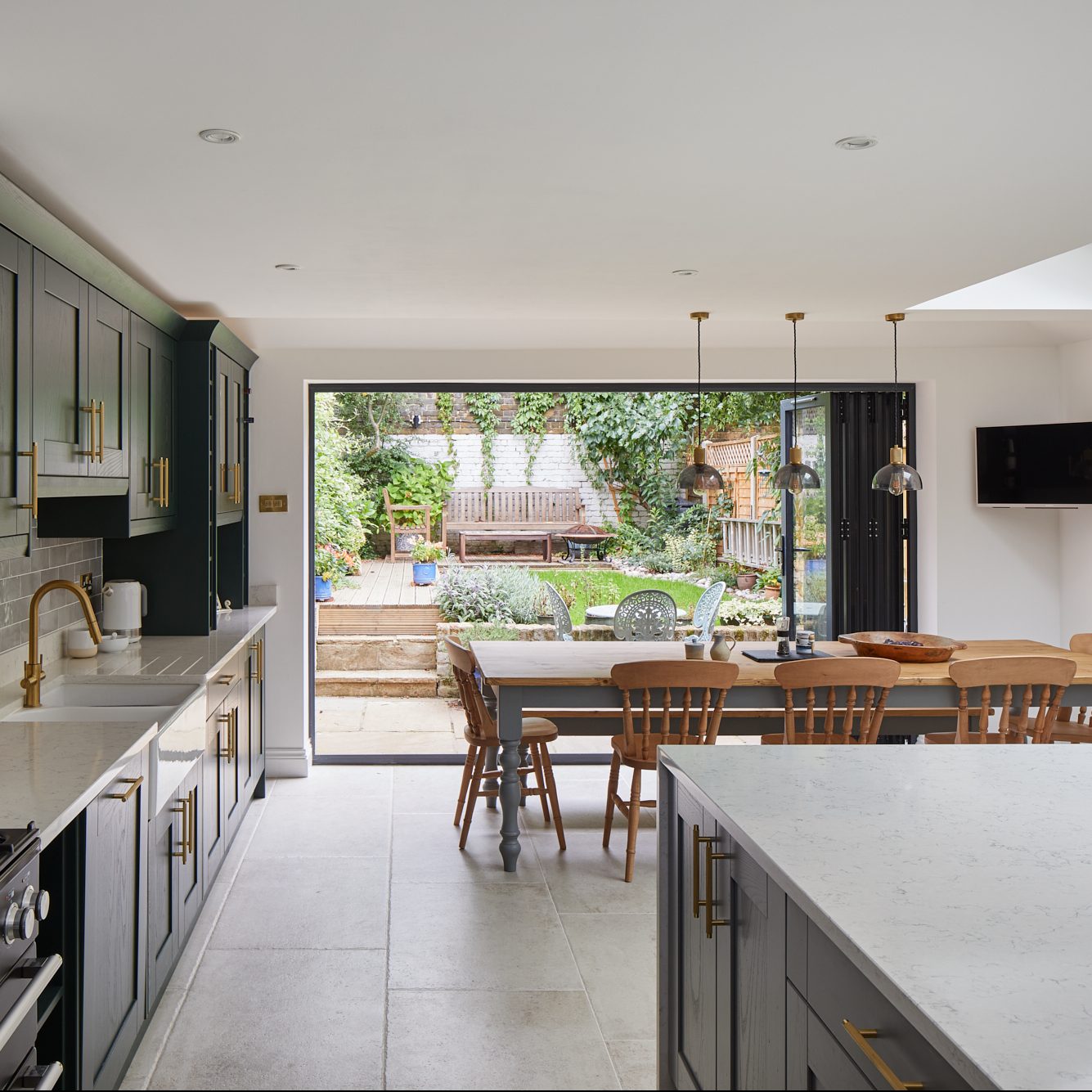Mastering Budget Management in Extensions

When embarking on an extension project in the heart of London, homeowners often envision grand designs and expansive spaces that enhance their property’s value and utility. However, amid the excitement, one crucial aspect often gets overlooked: budget management. Proper budget management is the linchpin of any successful architectural endeavour, especially in London’s central boroughs, where costs can escalate quickly.
Understanding budget intricacies and mastering the nuances can make all the difference between an extension dream realised and a financial nightmare. Here’s a guide for homeowners seeking to navigate the financial aspect of their extension journey with confidence.
1. Understanding the London Landscape First and foremost, homeowners need to understand that the central London boroughs come with their unique challenges. Historic preservation regulations, limited space, and high property values mean that projects here often carry a premium. Before setting a budget, engage in extensive research, or even better, consult with a local architectural practice familiar with the area’s idiosyncrasies. Each council has a database of supplementary planning documents for architects and homeowners to understand the specific planning rules each borough has set-out for extensions and loft conversions. We strongly urge any homeowner to accustomise themselves with their local authorities before embarking on a project.
2. Setting a Realistic Budget Start by assessing your financial capacity. How much can you comfortably afford without stretching your finances too thin? Be sure to factor in a contingency of at least 10-15%. This buffer can cover unexpected costs such as unanticipated groundwork or changes in material prices.
3. Detailed Cost Breakdown Engage with your architectural firm to detail every cost element, from materials to labour to administrative expenses. A transparent, itemised breakdown helps homeowners understand where their money goes and enables them to make informed decisions about what aspects of the project they might prioritise or even consider modifying.
4. Prioritise Essential Elements Once you have a detailed breakdown, it’s essential to identify the non-negotiable elements of your extension. These are the parts of the project integral to its success. Prioritising these ensures that even if unforeseen costs arise, the core vision of the extension remains intact.
5. Monitor and Review Regularly Budgeting doesn’t end once construction begins. Regularly reviewing costs as the project progresses helps ensure that expenditures align with the budget. Any deviations should be flagged immediately. Open communication between the homeowner and the architectural and/or construction team is key to preventing minor budget overruns from becoming major financial woes.
6. Seek Expert Advice on Materials and Techniques The architectural landscape is continually evolving, with new materials and construction techniques emerging. Engaging with a forward-thinking architectural practice ensures that homeowners can explore cost-effective alternatives without compromising on the quality or aesthetic of the extension.
7. Beware of False Economies Trying to save money by cutting corners might seem tempting but can often lead to more significant expenses in the long run. Whether it’s selecting low-quality materials that wear out quickly or skipping essential procedures, what might seem like a saving now can cost more in repairs and modifications later.
8. Factor in the Unexpected No matter how meticulously you plan, unforeseen challenges can arise. Whether it’s a hidden structural issue that comes to light during construction or changes in local regulations, having a flexible mindset can make navigating these challenges less stressful.
Conclusion Central London’s architectural marvels don’t just stand as a testament to design ingenuity, but also to masterful budget management. By being proactive, engaging with experienced professionals, and staying informed at every stage of the project, homeowners can ensure that their extension not only enhances their living space but also remains a financially prudent decision.




